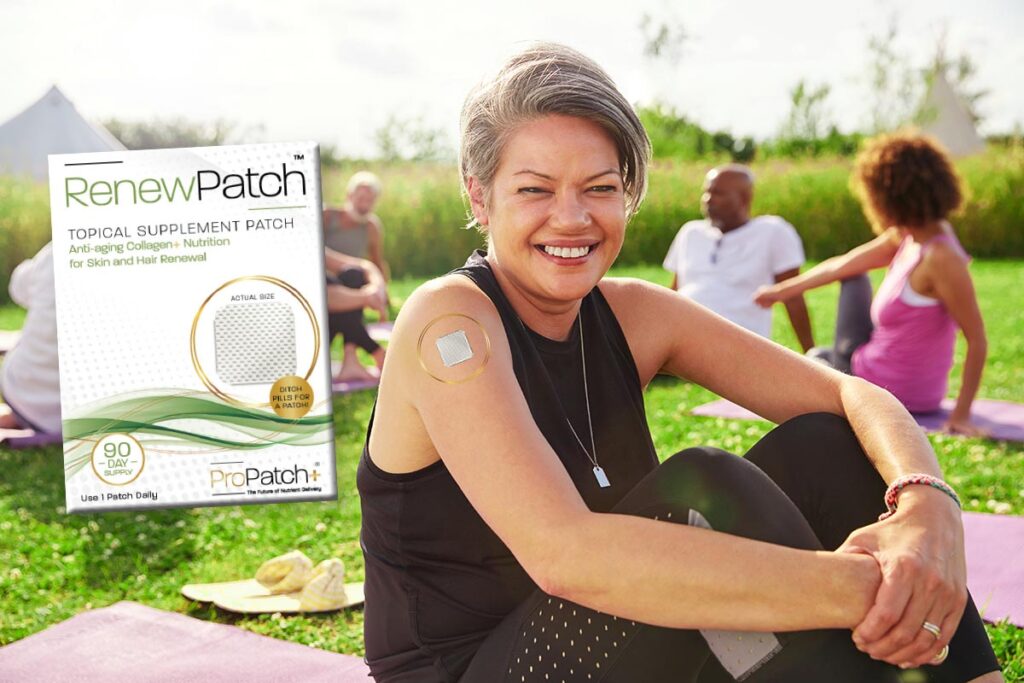Tame Your Tension – Practical Tips for Stress Relief

The human body is designed to handle daily stressors in small doses. From a looming deadline to a heavy traffic commute or an upcoming presentation, it’s perfectly normal to experience occasional stress. The problem is when stress becomes chronic or long-term, it can be overwhelming, both mentally and physically.
Unveiling the Hidden Impact of Stress
Did you know studies show a link between stress and premature aging? Chronic stress elevates the stress hormone cortisol, breaking down the skin’s collagen and elastin. It impairs the body’s ability to repair itself, leading to skin aging and the formation of lines, folds, and wrinkles. Chronic stress can also trigger telogen effluvium and alopecia areata, two conditions characterized by hair loss.
Chronic stress can also age the brain and immune system. Men and women under constant stress are at higher risk of dementia and memory loss and often have weakened immune systems. Left unmanaged, stress can impact your overall health, appearance, and quality of life.
Strategies to Reduce Stress
Here are some strategies to help relieve chronic stress:
- Regular exercise
- Prayer, meditation, or yoga
- Breathing exercises
- Massage therapy
- Listening to relaxing music
- Spending time with loved ones and pets
- Getting plenty of rest and sleep
- Maintaining a healthy, balanced diet
- Taking quality supplements and nutrients
Oral Supplement and Nutrients – The Drawbacks
Quality supplements can help undo the effects of chronic stress and slow aging. However, many people struggle to swallow pill after pill. Moreover, oral supplements travel through the hostile environment of the digestive tract and are reduced repeatedly as they contend with stomach acids, pass through the liver, and finally enter the bloodstream.
Introducing RenewPatch – Anti-Aging Vitamins and Nutrients on a Patch
ProPatch+ is pleased to introduce RenewPatch, the new way to combat the effects of stress. The medical-grade transdermal patches deliver powerful nutrients through your skin straight into your bloodstream. Just apply your RenewPatch to your skin before bed, and you’re in for an 8-hour treat. The gold-standard ingredients promote restful sleep as they work their magic through the night when cellular turnover is highest.
Manage the effects of stress with RenewPatch’s clinically tested ingredients:
- Ashwagandha: Reduce stress and support restful sleep.
- Resveratrol and Zinc: Antioxidant protection from free radicals and cellular aging.
- Collagen and Hyaluronic Acid: Promote hair and skin rejuvenation, tissue repair, and hydration.
- Biotin and Saw Palmetto: Support hair health and enhance growth and restoration.
- Antarctic Krill Oil, Piper Nigrum, and Vitamins A, E, and C: Enhance the effects of the powerful anti-aging and cell renewal patch.
Get Stress Support Supplements on a Patch
Take control of your stress and unlock a calmer, more balanced life by practicing stress-relief strategies and trying out RenewPatch. Our physician-formulated blend of powerful ingredients will reduce stress levels, reverse the signs of premature aging, and improve your hair health. We invite you to try the new way to undo the effects of stress!
References:
Boyd, Danielle. “Management – the American Institute of Stress.” The American Institute of Stress, 2011, www.stress.org/military/combat-stress/management.
Buzzrx. “The Dangers and Effects of Chronic Stress.” BuzzRx, 16 Sept. 2021, www.buzzrx.com/blog/the-dangers-and-effects-of-chronic-stress. Accessed 1 June 2023.
“Can Stress Make You Lose Your Hair?” Mayo Clinic, www.mayoclinic.org/healthy-lifestyle/stress-management/expert-answers/stress-and-hair-loss/faq-20057820.
Manoylov, M. K. “Does Stress Cause Wrinkles? Yes, It Can Speed up Skin Aging.” Insider, www.insider.com/guides/health/mental-health/does-stress-cause-wrinkles. Accessed 1 June 2023.
Yegorov, Yegor E., et al. “The Link between Chronic Stress and Accelerated Aging.” Biomedicines, vol. 8, no. 7, 1 July 2020, p. 198, www.mdpi.com/2227-9059/8/7/198, https://doi.org/10.3390/biomedicines8070198.
